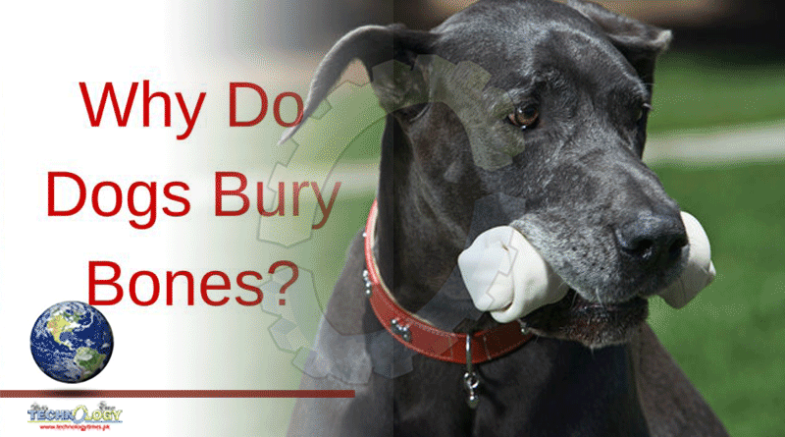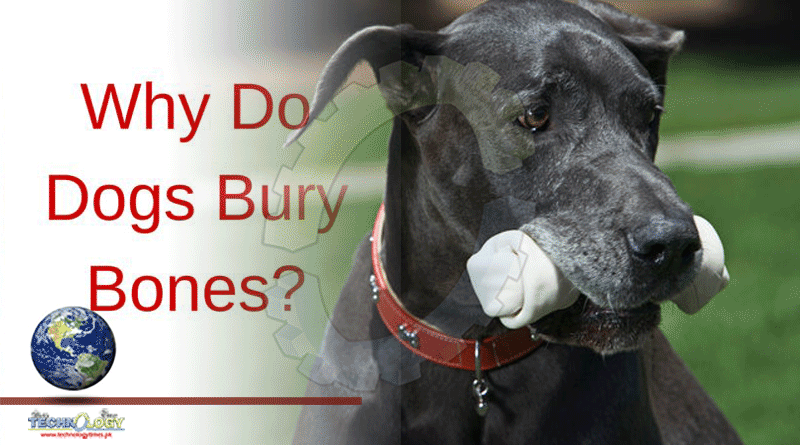Tend To Stay In A Scavenge Area Long Enough To Devour Their Prey Entirely, They Will Occasionally Carry And Bury Remains Of A Kill

Chewing bones is a favorite pastime of dogs. If a bone is very beloved, the dog might even bury it. To humans, this behavior may seem odd, so why do dogs invest so much energy in burying their prized possessions? “The reason why a dog buries something is to save it for later,” Teoti Anderson, professional dog trainer and behavior consultant based in Florida, told Live Science. “When you don’t know when you’ll find your next meal, it makes sense to hide leftovers.” The act of burying bones is a type of “food caching,” that is, storing available food supplies for the purpose of later access. It’s a common behavior in many species of birds and mammals, including in the canine ancestors of domestic dogs — gray wolves — which is where dogs inherited their burying instincts.
While wolves, which are known for their cunning hunting skills, tend to stay in a scavenge area long enough to devour their prey entirely, they will occasionally carry and bury the remains of a kill, according to a 1976 study published in the journal Ethology. (Wolves and other canids are known as “scatter hoarders,” meaning they stash their leftover food in hideaways located over fairly large areas.) This same study showed that even wolf pups cache, and will move their cache to keep it from being discovered by a sibling. So, when dogs exhibit this seemingly unusual behavior in your backyard, rest assured — they’re simply following their instinctual “inner wolf.”
Most dogs today don’t need to store food because they have doting pet parents to feed them, but that doesn’t mean their natural urge to squirrel things away for later doesn’t still exist. Sometimes, the instinct to bury things has nothing to do with storing food or protecting it from scavengers. According to dog behaviorist Cesar Millan, burying can be a dog’s way of savoring cherished objects, so they can be enjoyed again later. It can also be a way for bored dogs to initiate play with their owner, or a method of stress relief for anxious dogs. Meanwhile, some breeds, such as terriers, are simply more prone to digging, whether to bury food or to burrow holes for no specific reason at all. “Dogs specifically bred to hunt or chase critters into their dens often like to bury toys, bones and treats,” Anderson said. “So, it’s not uncommon to see a Dachshund burying a bone under the couch pillows.” Anderson added that if a dog doesn’t have a burying instinct, it shouldn’t be cause for concern.
Dogs that do “cache” seem to visit their hoards whenever the mood hits. “Some dogs stash a treat and then ignore it for a week. Some dogs seem indecisive and move their prize 20 times before settling on one [spot]. And other dogs bury a bone and forget it altogether,” Anderson said. If a dog doesn’t retrieve a treasure, you can bet it isn’t because it forgot its whereabouts. Dogs have an incredibly keen sense of smell, about 10,000 to 100,000 times as powerful as that of humans, according to research in the journal Applied Animal Behaviour Science, so remembering their hideaways is rarely ever an issue. Besides bones, what types of things do dogs like to bury? Anderson told Live Science it runs the gamut. “I once knew a dog who would bury rocks. I have no idea why these rocks were so special, but they were special to him.”
This news was originally published at Live Science
